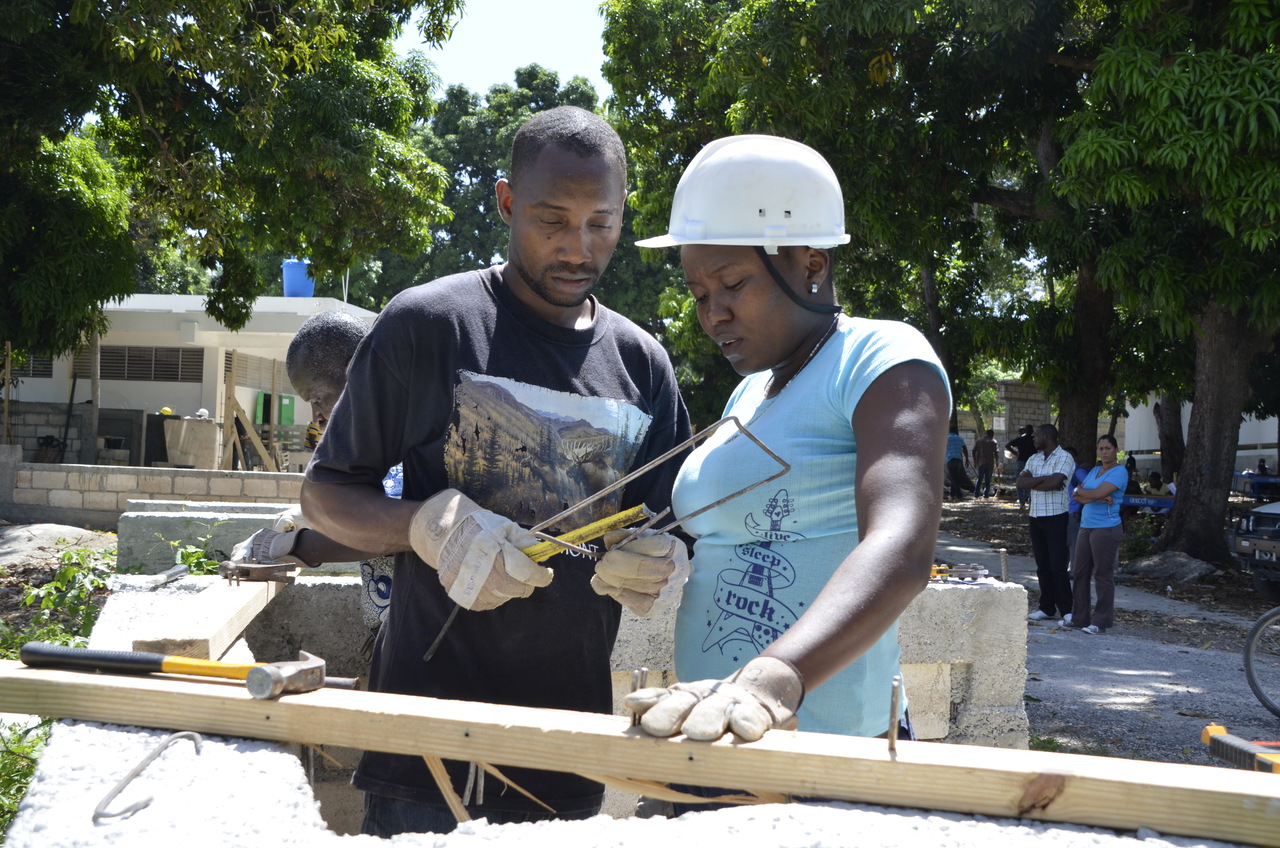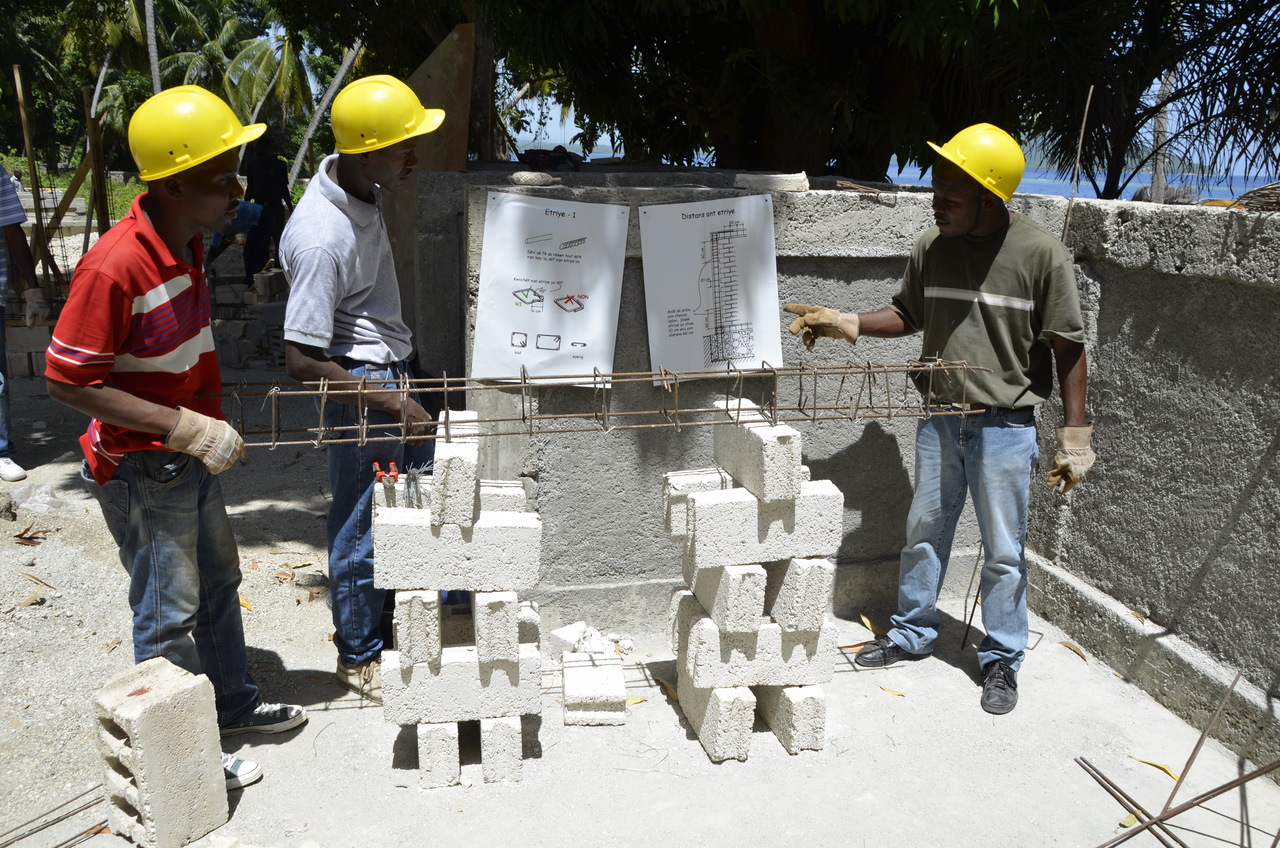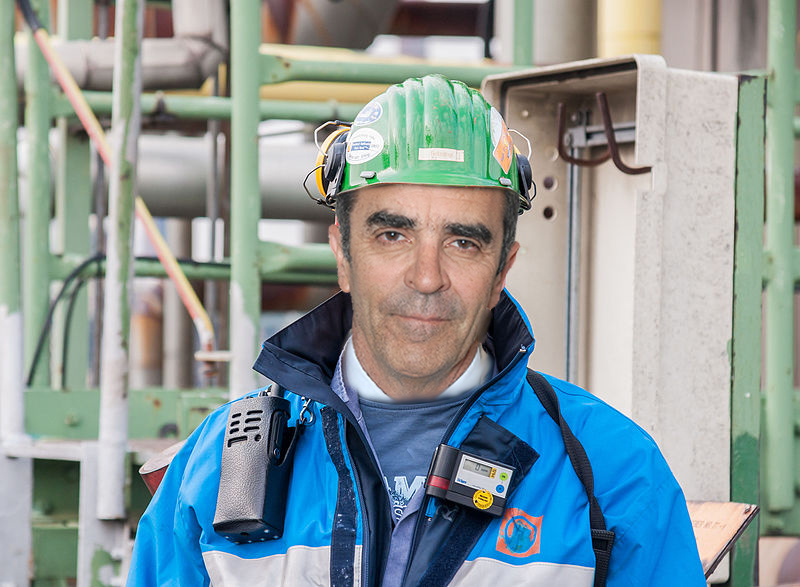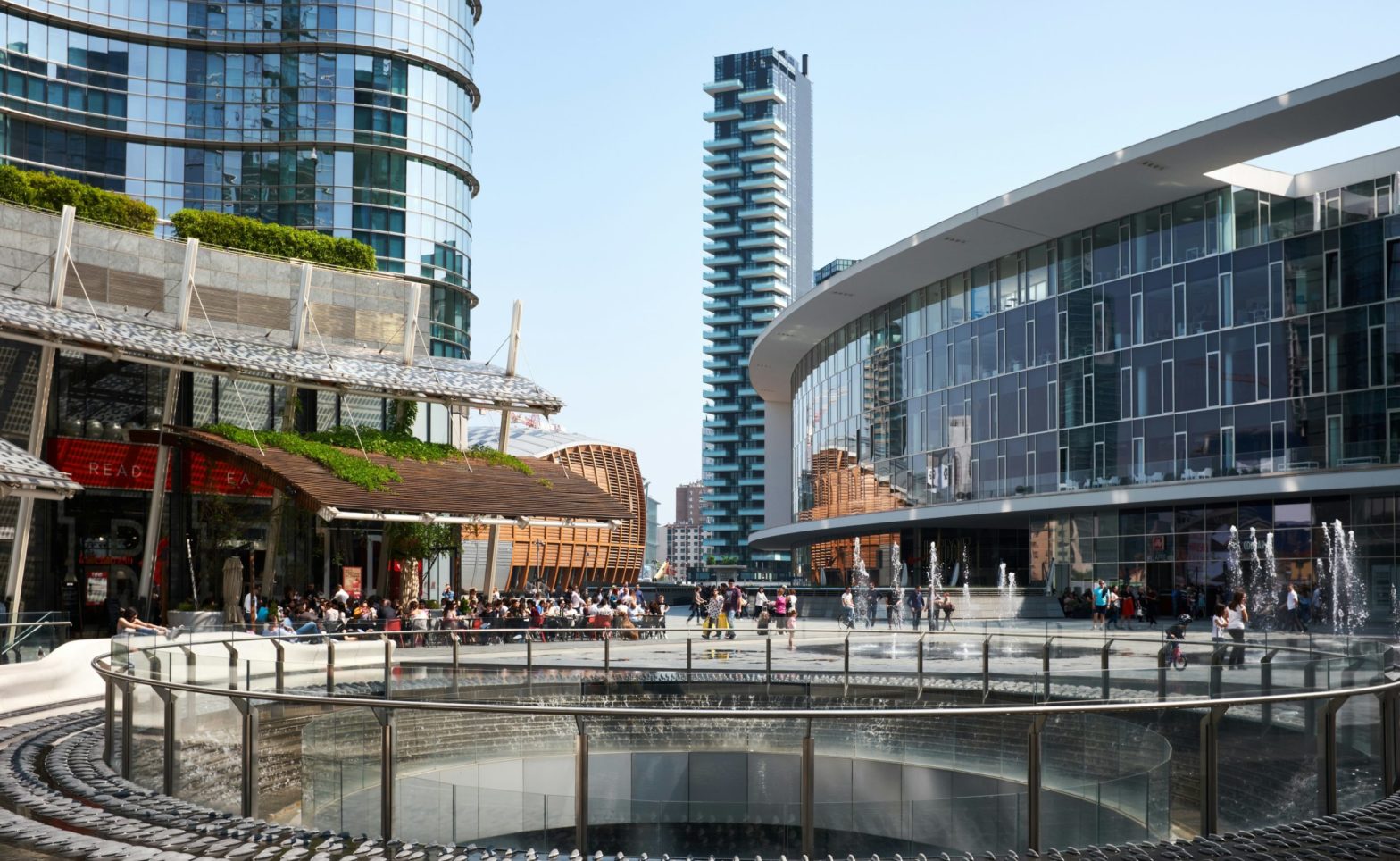
Photo: formation-des-formateurs-122_Easy-Resize.com_
Can cities in the north learn from Port-au-Prince?
27 November 2017
by Jonathan Andrews
By Edmundo Werna*
Felinta Lotumba has a catering business in Port-au-Prince, Haiti, targeting mainly international customers. She has been through many natural disasters, from hurricanes to an earthquake. When asked how she and other entrepreneurs made ends meet after each disaster, she explained that they had two choices: either to rely on humanitarian aid or to form small clusters of ‘surviving’ businesses and from there rebuild their livelihoods.
In her case, some food items from abroad that she used for cooking were not available, which meant she had to be creative with local items. Meanwhile, as her foreign clients who came to the city on business stayed away, she had to adapt her service to local customers instead.
While humanitarian aid is indeed commendable–and crucial in many instances–the second alternative, when possible to implement, is more sustainable. Indeed, when aid is not immediately available, maintaining an environment of continued commercial activity may be a matter of life and death.
‘Think global, act local’ is a well-known motto to get people to think about the planet and implement environmental-protection measures locally. However, it is also important to ‘think local’ in order to act local, particularly in times of crisis.
Even with continuous and ever-expanding globalisation, the importance of local economic development (LED) remains crucial, as celebrated in the comprehensive 4th World Forum on LED, held in October 2017. People from both developed and developing countries came together to ‘think local’. One of the main pillars of the forum was disaster preparedness and recovery. Why such a connection? Because LED is particularly important in a catastrophe.
During and in the aftermath of a crisis, external economic ties tend to be disrupted, if not cut entirely. What Lotumba explained, in other words, is that recovery depends on the resilience of local businesses to keep running or to come back to life quickly and to operate within the realm of the city, at least until they can resume links to value chains elsewhere.
What can and should be done in practical terms? There are good practices that we can learn from. A set of them come from the city where Lotumba lives and works: Port-au-Prince, which managed to combine physical reconstruction with livelihood regeneration after the earthquake of 2010 destroyed parts of the city and surrounding areas. With thousands of people left homeless and unemployed, the earthquake caused an estimated economic loss of US$7.9 billion, exacerbating an already feeble economy. Examples of successful recovery initiatives related to businesses include, in three stages: recycle, rebuild, and resettle.

Recycle: short-term employment is important in an emergency situation as it is difficult to find long-term opportunities immediately. As happened in Port-au-Prince, cash for local residents can be provided very quickly through waste management and debris clearing, gradually moving into reconstruction and other areas. This brings immediate income and food, with multiplier effects on the local economy.
After the earthquake, building material for reconstruction was hard to come by, and the best way to manage the debris was to reuse the earthquake rubble. To effectively rebuild the city, there was a need to create and develop skills for recycling and transforming debris for reconstruction.
Seven hundred and sixty-six microenterprises were created, which focused on debris recycling and processing. These enterprises were responsible for demolishing more than 7,000 damaged buildings and removing more than 800,000 m3 of debris, producing more than 207,000 adoquins (building blocks for reconstruction) and generating 102,060 hours of work. More than 13 kilometres of roads were repaved using the recycled debris.
Reconstruct: the next step entailed moving from debris to reconstruction in general. It was an opportunity to ‘build back better’ in Port-au-Prince, combining earthquake-resistant construction techniques with training and employment generation.
With the support of the international community, thousands of construction workers were trained or retrained and engaged in the reconstruction of the parts of the city affected by the earthquake. This included building thousands of housing units and other elements of the built environment.
Resettle: The earthquake forcefully displaced millions of people from the city (figures vary between 1.5 and 2.3 million). An initiative was designed to facilitate their return, with durable housing solutions, better access to basic services and income-generating activities. The rationale is that people can be better integrated in the economic fabric of the city if they live in the original, centrally-located neighbourhoods, rather than in distant housing estates.
Can cities in the north learn from Port-au-Prince? It is true that each city or town needs specific initiatives. Yet the general principles of–and the links between–‘recycle, reconstruct and resettle’ can be used as inspiration. A key lesson relates to the need to ‘think local’ in terms of the economy as a basis for resilience.
The recent forum advocated along those lines, linking LED with disaster resilience. In the words of Léon Ronsard St-Cyr, former Minister of Labour and Social Affairs of Haiti: “Rebuilding should not only focus on roads and infrastructure but also on people’s lives and livelihoods.”
 *Edmundo Werna is an urbanist who works at the International Labour Office. He has been the focal point of this UN agency for the New Urban Agenda throughout the process leading to Habitat III and subsequent deliberations after the summit.
*Edmundo Werna is an urbanist who works at the International Labour Office. He has been the focal point of this UN agency for the New Urban Agenda throughout the process leading to Habitat III and subsequent deliberations after the summit.











